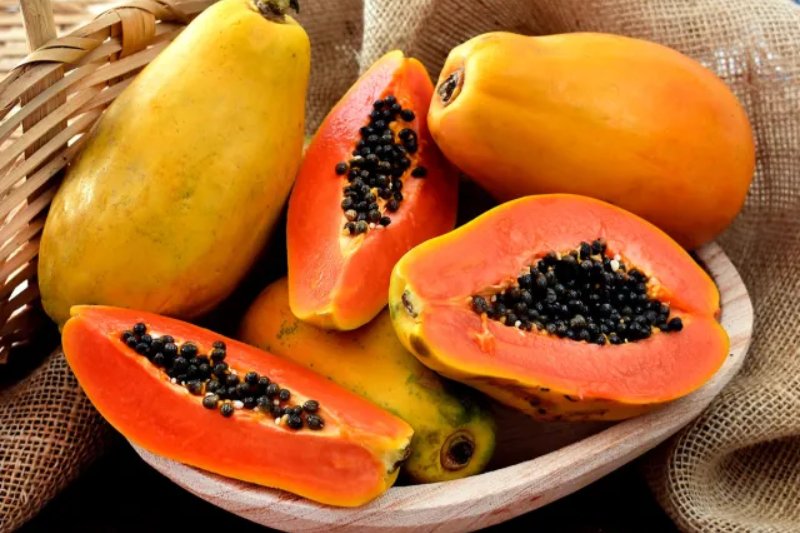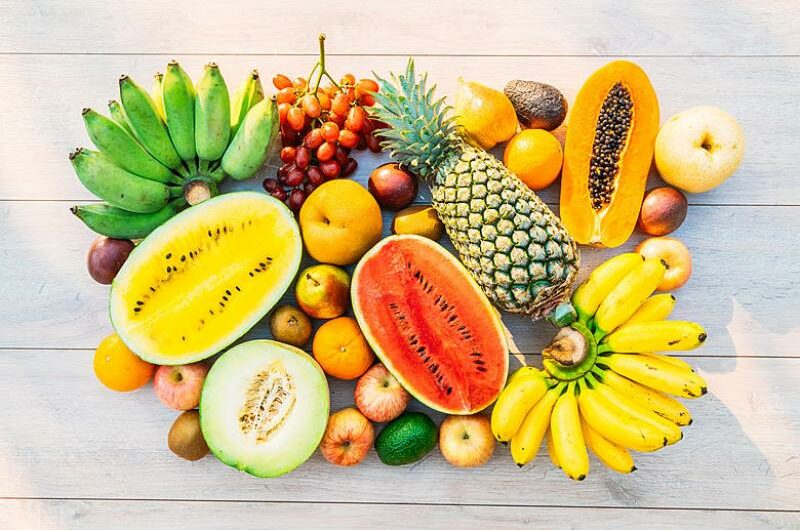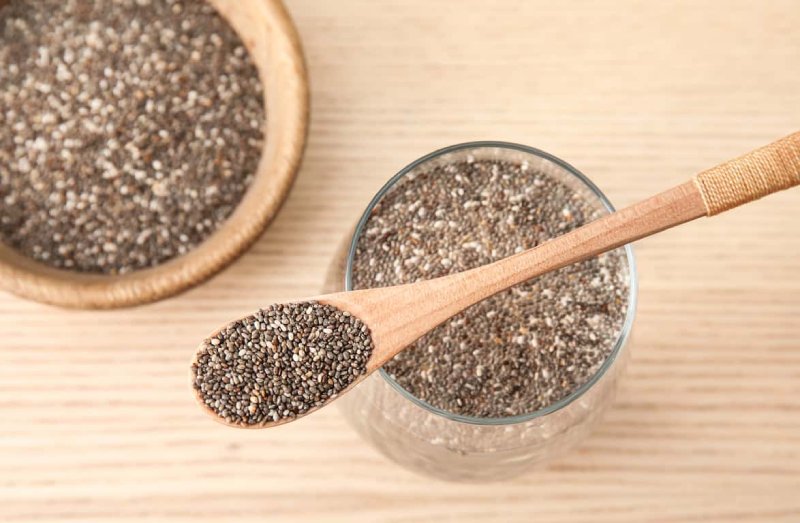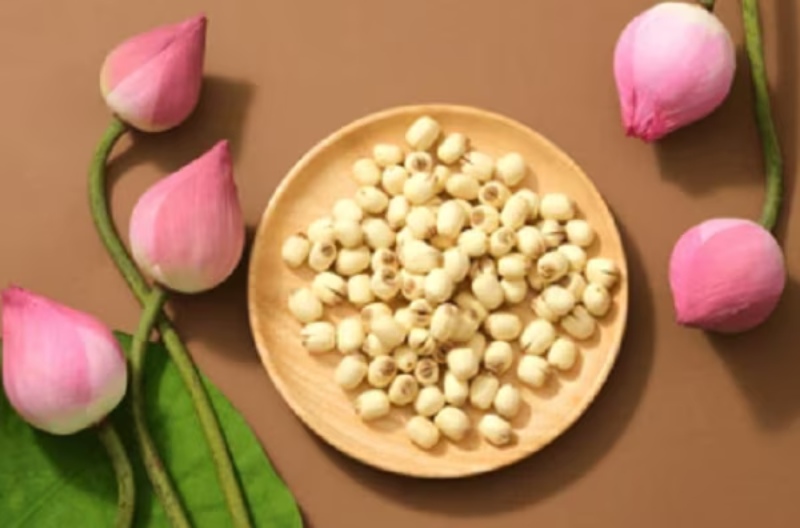The papaya fruit has earned the moniker “fruit of long life” due to its abundance of health advantages.
It is one of the “longevity superfoods” consumed in the Blue Zones, which are regions of the planet where people have remarkably long and healthy lives.
What’s a Papaya?
A tropical fruit, papayas have vivid orange or yellow flesh and black seeds. The Florida Department of Agriculture describes it as “aromatic and juicy with a pleasant, sweet flavor.”
The American Heart Association continues, “Its buttery, milky texture makes it perfect for smoothies.”
According to the Western Institute for Food Safety and Security, while papayas are farmed in Hawaii, California, Texas, and Florida in the United States, the majority of the fruit that is sold in supermarkets is imported from Mexico.
Nutrition of Papayas
The following is found in one cup of finely chopped papaya, according to the U.S. Department of Agriculture:
- 62 energy
- fifteen grams of carbs
- 2.5 grams of fiber
- Eleven grams of sugar
- Papaya has less than 1 gram of fat or protein per serving and has no cholesterol.
Magnesium, potassium, folate, lycopene, and vitamins A, C, E, and K are just a few of the many minerals it contains. It also has trace amounts of calcium and iron.
What Advantages does Consuming Papayas Offer?
Papaya a “fantastic choice in terms of fruits,” says registered dietitian Maya Feller of Brooklyn-based Maya Feller Nutrition and author of “Eating from Our Roots: 80+ Healthy Home-Cooked Favorites from Cultures Around the World.”
Papaya is a fantastic source of flavonoids, which are plant-based bioactive substances with anti-inflammatory and health-promoting properties. Flavonoids are also known as phenolic compounds.
“They have antioxidant activity that is quite great… Antioxidants really help to blunt the effect of free radical damage.”
Damage-causing particles known as free radicals are produced by the body during normal, life-sustaining functions. According to the National Cancer Institute, this damage can cause inflammation and raise the risk of cancer and other illnesses, but antioxidants help shield cells from it.
Carotenoids, such as beta carotene, a substance that aids in the formation of Vitamin A, are responsible for the characteristic brilliant yellow or orange color of papayas and function as antioxidants, according to Feller.
The American Heart Association states that lycopene, another carotenoid found in papaya, may lower the risk of heart disease and stroke.
Studies have shown that carotenoids may also offer some cancer-prevention benefits. In humans, a study indicated that they are more bioavailable—better able to be absorbed and used by the body—in papaya than in tomatoes and carrots.
Fiber from the fruit can help decrease cholesterol and promote digestive health.
Because of its high potassium content, Feller says that it can “really have a beneficial impact on cardiovascular health” and lower blood pressure.
Because of the way papaya influences insulin and glucose responses, there may also be some potential for anti-diabetic activity in those who consume the fruit.
Is Papaya Regarded as a Power Food?
Every component of produce has amazing qualities, and they all function best when eaten in concert and across a wide range of plant types, which indicates that the person’s diet consists of a variety of plants.
“If we tell people papaya is a superfood and they all switch to eating it, but they were eating oranges, lemons, limes, kiwis, bananas, pineapples before, and they only eat papaya, they’re going to miss out on the other nutrients that are in those other foods.”
Can One Consume Papaya Seeds?
Because the seeds are “not super tasty,” slightly bitter, and spicy, most people decide to scoop them out.
However, they are palatable and nourishing. A study found that eating dried papaya seeds helps get rid of intestinal parasites in humans.
Risks Associated with Papaya
According to the National Library of Medicine, avoid eating unripe papaya since it includes papain, an enzyme that breaks down proteins, carbs, and lipids. If a pregnant woman eats it, it can harm the fetus or injure the esophagus.
Topics #Longevity Superfood #papaya










